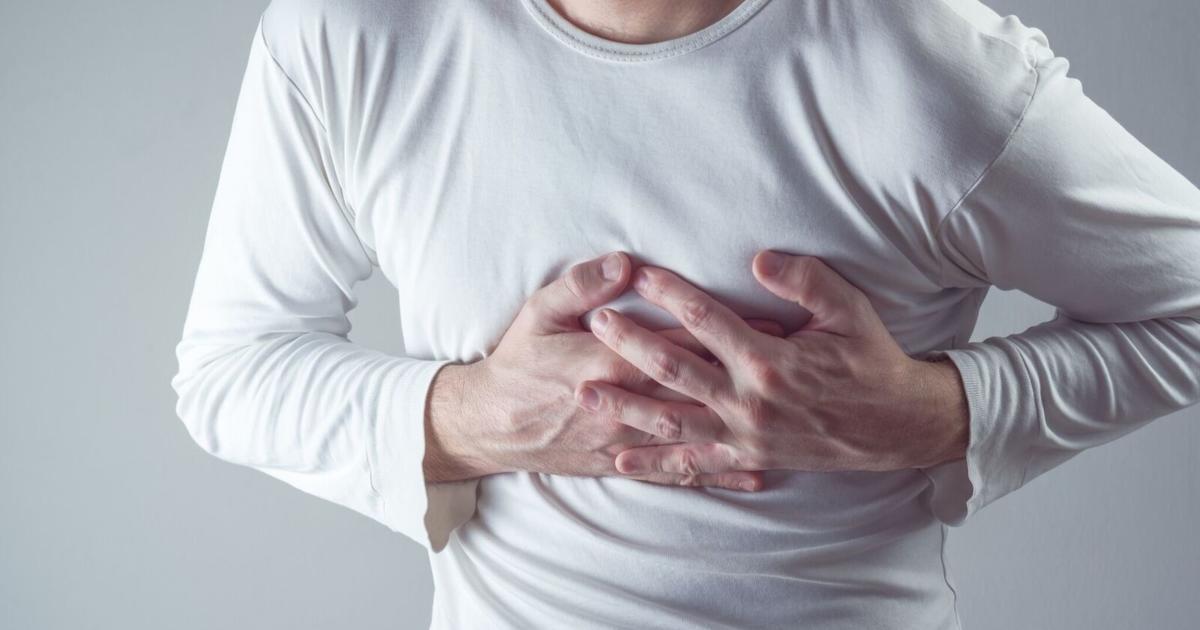Pleurisy, also known as pleuritis, is a condition in which the pleura, the thin lining surrounding the lungs, becomes inflamed. This inflammation can cause sharp chest pain and difficulty breathing.
Symptoms of Pleurisy
The pain may worsen when coughing, sneezing, or taking deep breaths. Other symptoms can include fever, chills, and a dry cough.
The exact cause of pleurisy can vary, but it is often the result of an underlying condition such as pneumonia, lung cancer, or a pulmonary embolism. Autoimmune disorders, such as lupus and rheumatoid arthritis, can also lead to pleurisy. In some cases, the cause is unknown.
Diagnosis of pleurisy typically begins with a physical examination and a review of the patient’s medical history. The doctor may also order imaging tests, such as a chest X-ray or CT scan, to confirm the diagnosis and rule out other conditions. In some cases, a sample of fluid from the pleural space may be taken for analysis.
Treatment for Pleurisy
Treatment for pleurisy depends on the underlying cause. In cases where an underlying condition is present, such as pneumonia, treatment will focus on addressing that condition. Antibiotics may be prescribed for bacterial infections, while antiviral medications may be used for viral infections.
For pleurisy caused by an autoimmune disorder, treatment will focus on managing the underlying condition. This may involve the use of immunosuppressant drugs or other medications to control inflammation.
In cases where the cause of pleurisy is unknown, treatment will focus on relieving the symptoms. Pain relievers, such as ibuprofen or naproxen, may be used to reduce pain and inflammation. In some cases, corticosteroids may be prescribed to help reduce inflammation.
In severe cases, pleurisy may require hospitalization and the use of oxygen therapy to help the patient breathe. In rare cases, surgery may be necessary to remove fluid that has accumulated in the pleural space.
It is important to note that smoking is a major risk factor for pleurisy, as it can damage the pleura and lead to inflammation. Quitting smoking can help reduce the risk of pleurisy and other lung-related conditions.
Overall, pleurisy is a condition that can cause significant discomfort and make it difficult to breathe. Treatment will vary depending on the underlying cause, but typically involves addressing the underlying condition and relieving symptoms. If you suspect you may have pleurisy, it is important to see a doctor for an accurate diagnosis and appropriate treatment.

 Home
Home Health
Health Diet & Nutrition
Diet & Nutrition Living Well
Living Well More
More












